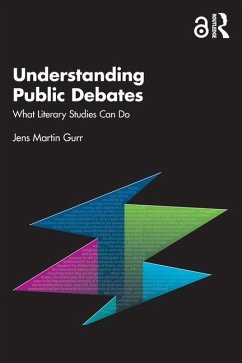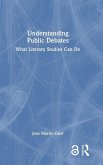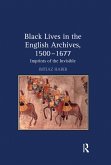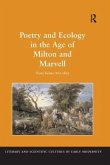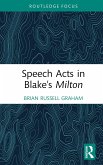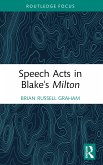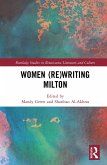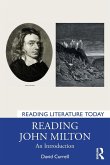By historicizing and contextualizing them through readings of carefully selected literary texts, literary studies can contribute to understanding and rationalizing key debates waged in many pluralist societies today - whether on different conceptions of liberty, identity politics, historical commemoration, challenges of globalization or responses to climate change. Understanding Public Debates presents case studies including Milton's Paradise Lost, P.B. Shelley's 1820 Reform essay, Philip Roth's The Human Stain, the songwriting of Neil Young and Edward Young's 1720s Sea Odes, recent climate fiction as well as non-literary conflict narratives. Rather than mining texts for arguments for or against certain positions, this book is interested in how texts stage these debates by means of multiple perspectives, narrative situations or ambiguities. By suggesting how educators might use literary texts as conversation starters for more rational debates, the volume also contributes to Public Literary Studies. Three important fields are here brought together: (1) the study of societal debates and conflicts and the ways in which they challenge pluralist societies, (2) explorations of the societal functions of literature and of non-literary narratives and (3) discussions of the role and functions of literary studies. The book ends with ten crisp theses on how literary studies can contribute to understanding and rationalizing such conflictive debates.
Bitte wählen Sie Ihr Anliegen aus.
Rechnungen
Retourenschein anfordern
Bestellstatus
Storno

